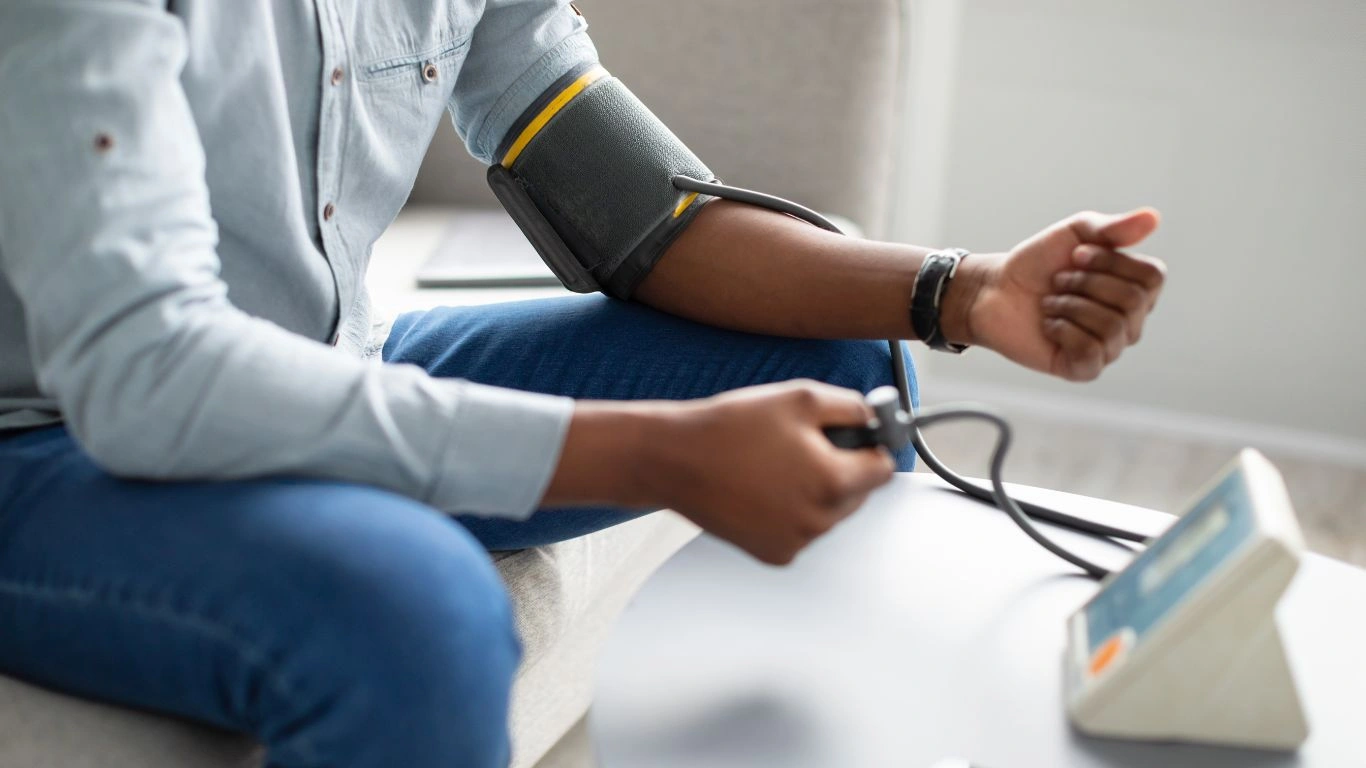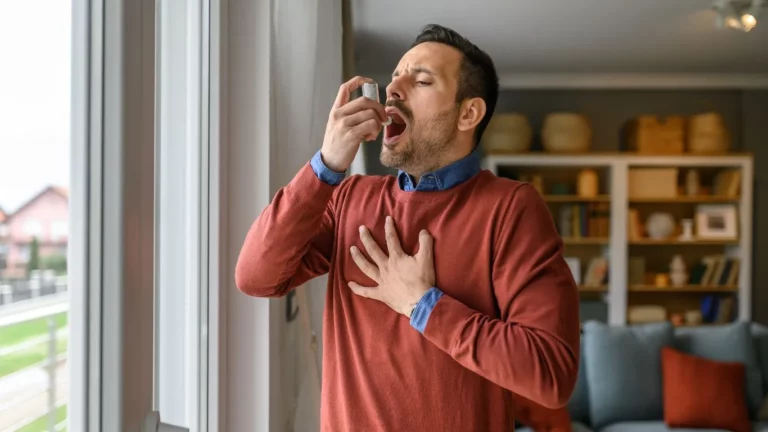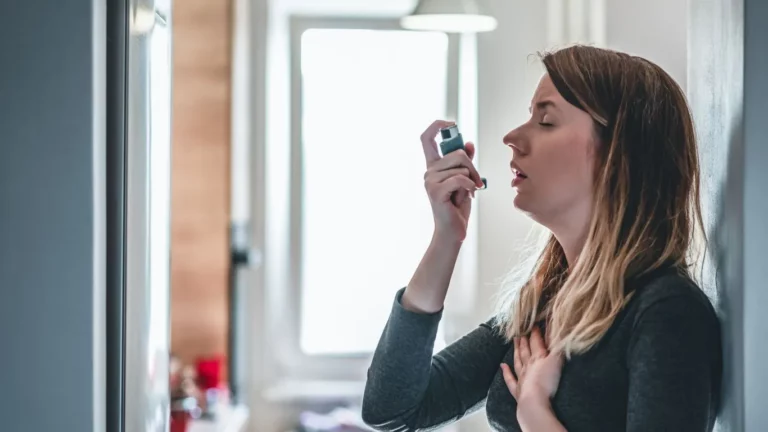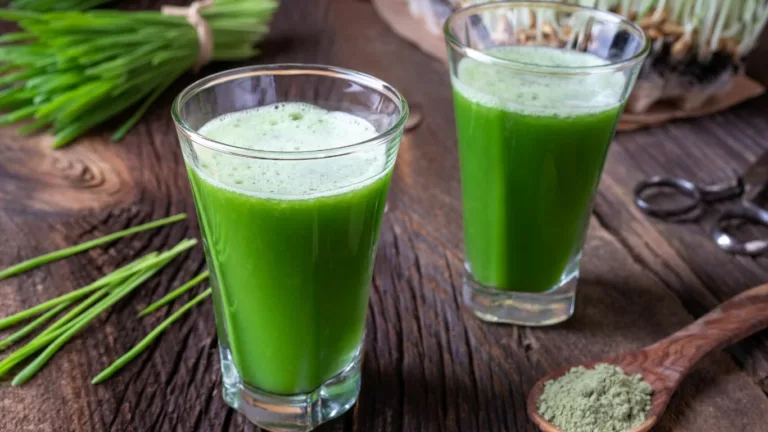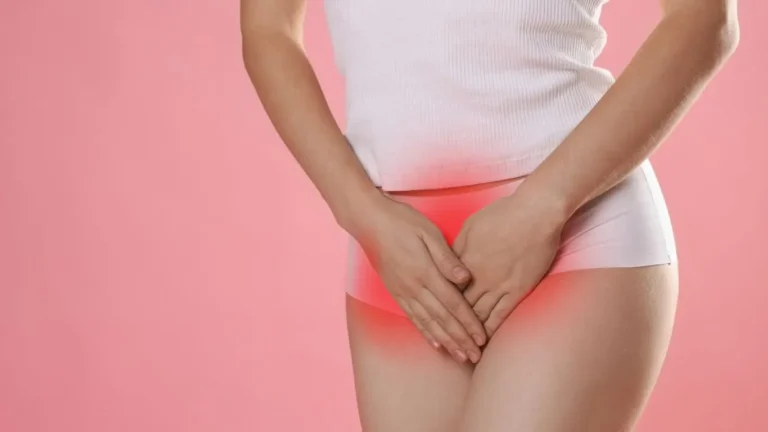“The Impact of Caffeine on Hypertension: How It Affects Your BP”
Caffeine and hypertension—now that’s a conversation I’ve had countless times with my patients. As someone who’s spent years in the trenches of high blood pressure treatment, I know firsthand how tricky this topic can be. Some people swear their morning coffee sends their BP skyrocketing, while others don’t notice a thing. So, what’s the real deal? Does caffeine actually impact hypertension, or is it just another health myth? Let’s dive deep into this stimulating (pun intended!) topic.
Understanding Caffeine and Its Effects on the Body
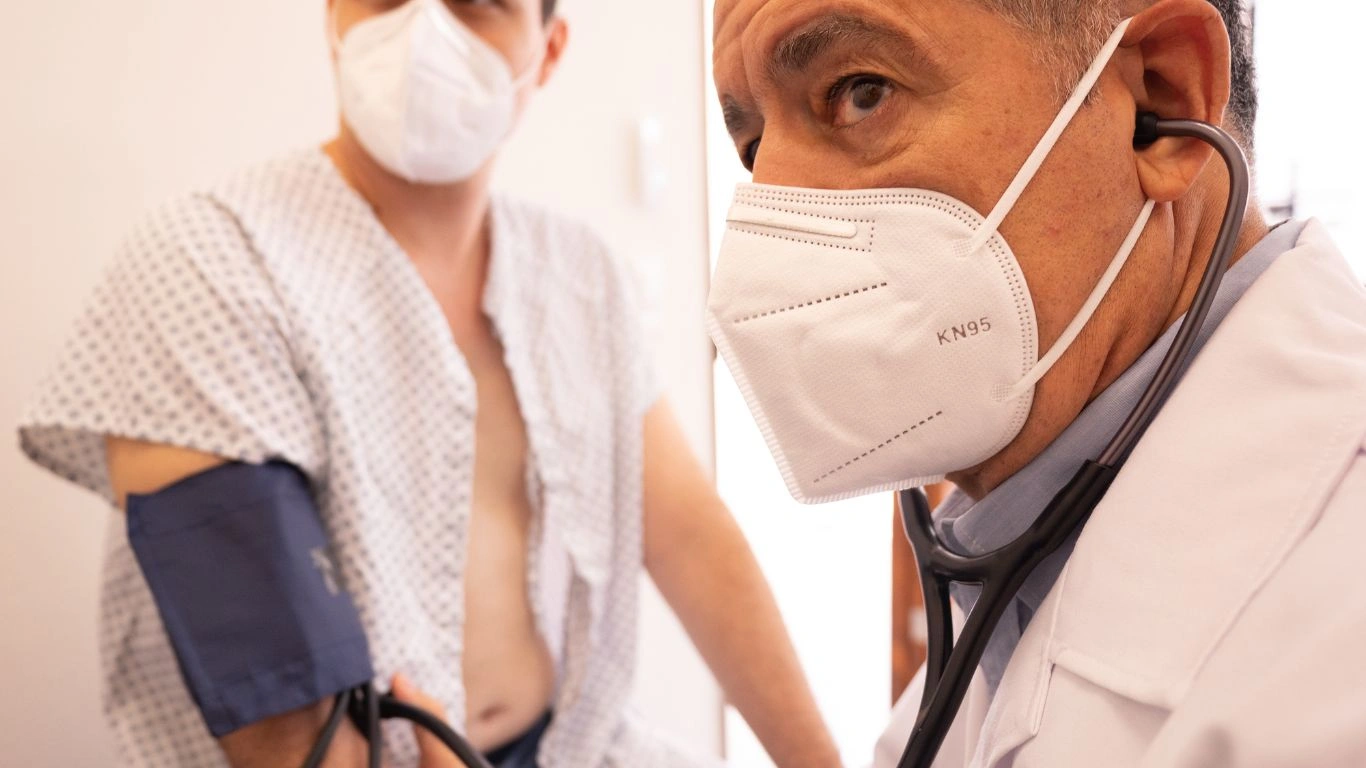
Caffeine isn’t just in your morning coffee—it’s in tea, sodas, energy drinks, and even some medications. It’s a natural stimulant that perks up your nervous system, keeping you awake and alert. But what happens to your heart and blood vessels when you consume caffeine?
Caffeine and the Nervous System
Here’s where things get interesting. Caffeine blocks adenosine, a neurotransmitter that helps you relax. This blockage triggers a surge in adrenaline, which can lead to an increase in heart rate and blood pressure. This explains why some people feel jittery or experience a temporary spike in their BP after drinking coffee.
How Caffeine Affects Blood Pressure
Research shows that caffeine can cause a short-term rise in blood pressure, even in people without hypertension. Why? Because it temporarily narrows blood vessels, increasing resistance. But here’s the kicker: for habitual coffee drinkers, this effect seems to diminish over time. The body adapts, and caffeine doesn’t have the same punch as it does for an occasional drinker.
Does Caffeine Cause Long-Term Hypertension?
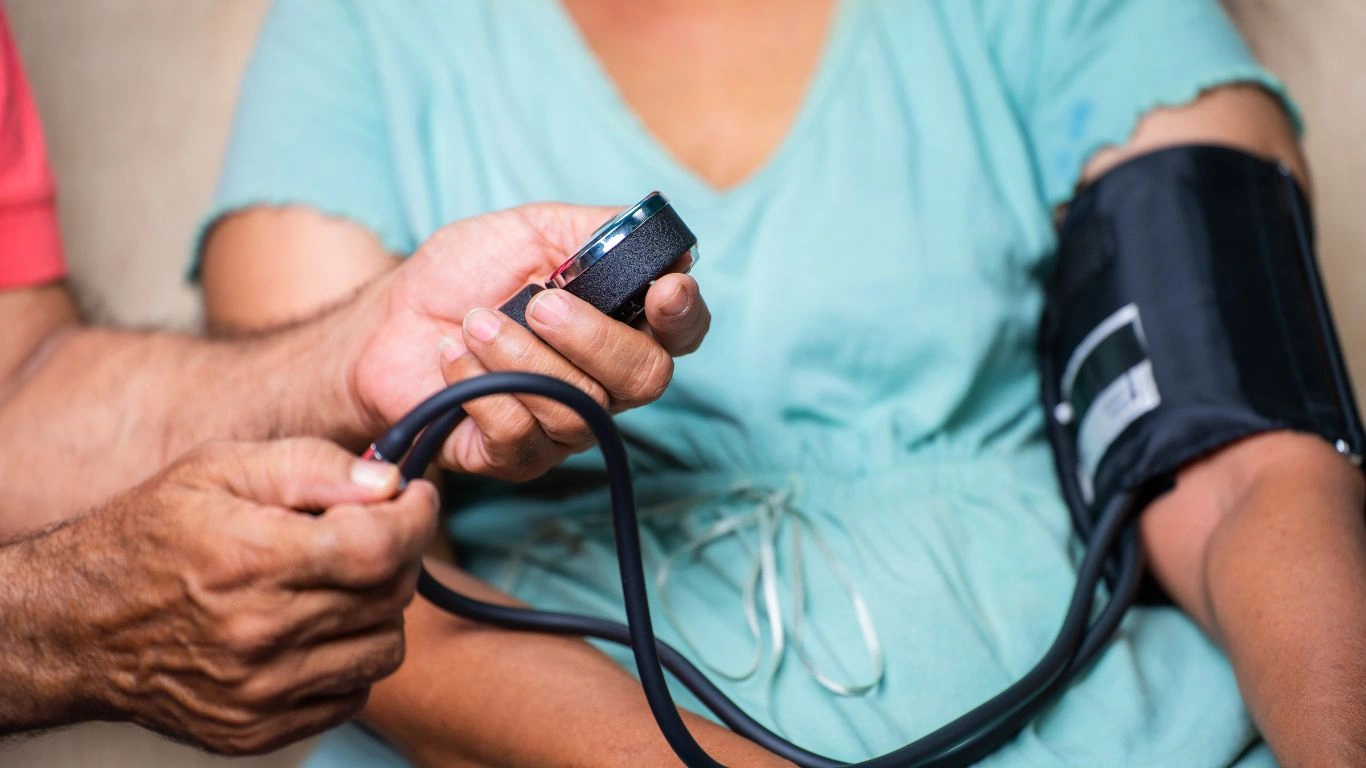
This is where the debate heats up. While caffeine can temporarily raise blood pressure, does it lead to chronic hypertension?
What the Studies Say
Several studies suggest that moderate coffee consumption (think 1-3 cups per day) isn’t linked to a higher risk of developing hypertension. Some research even hints that regular coffee drinkers may develop a tolerance, meaning their blood pressure isn’t affected in the long run.
However, if you already have high blood pressure, excessive caffeine intake could be risky. One study found that people with hypertension who drank more than four cups of coffee daily were at a greater risk of heart-related complications.
Individual Sensitivity Matters
Not everyone reacts to caffeine the same way. Some people (especially those genetically predisposed) metabolize caffeine slowly, making them more sensitive to its blood pressure-raising effects. Others process it quickly and barely feel a difference.
From my personal experience with patients, I’ve noticed that those who don’t drink caffeine regularly tend to have a stronger BP response when they do. If you’re someone who gets palpitations or a noticeable spike in blood pressure after coffee, it may be worth cutting back.
How Much Caffeine Is Too Much?

So, how much caffeine is too much? Well, that depends on your individual tolerance, existing health conditions, and overall lifestyle. As a hypertension expert, I’ve seen patients ask this question time and time again. Let’s break it down:
General Guidelines for Caffeine Consumption
The American Heart Association (AHA) recommends that people with hypertension limit their caffeine intake to no more than 1-2 cups per day—that’s about 200-300 milligrams of caffeine. For most individuals, this amount doesn’t significantly affect blood pressure, but anything beyond that can be a concern.
But, as I always tell my patients, the key is to listen to your body. If you’re someone who feels the jitters, palpitations, or sudden dizziness after a coffee break, it’s probably time to cut back a bit. Your body is giving you a clear signal that caffeine may be playing a role in raising your blood pressure.
The Role of Lifestyle in Caffeine’s Impact
Another thing to consider is lifestyle. If you already lead a stressful life, drink sugary drinks, or have poor dietary habits, caffeine might amplify these factors. Stress, poor diet, and caffeine combined can create a perfect storm for elevating your blood pressure.
I’ve had patients who, when they cut down on caffeine, noticed an improvement not just in their BP readings but also in their energy levels and overall well-being. That’s when the connection becomes clear—it’s not just about the caffeine; it’s about how it interacts with your entire lifestyle.
Can Caffeine Be Part of a Healthy Diet for Hypertension?
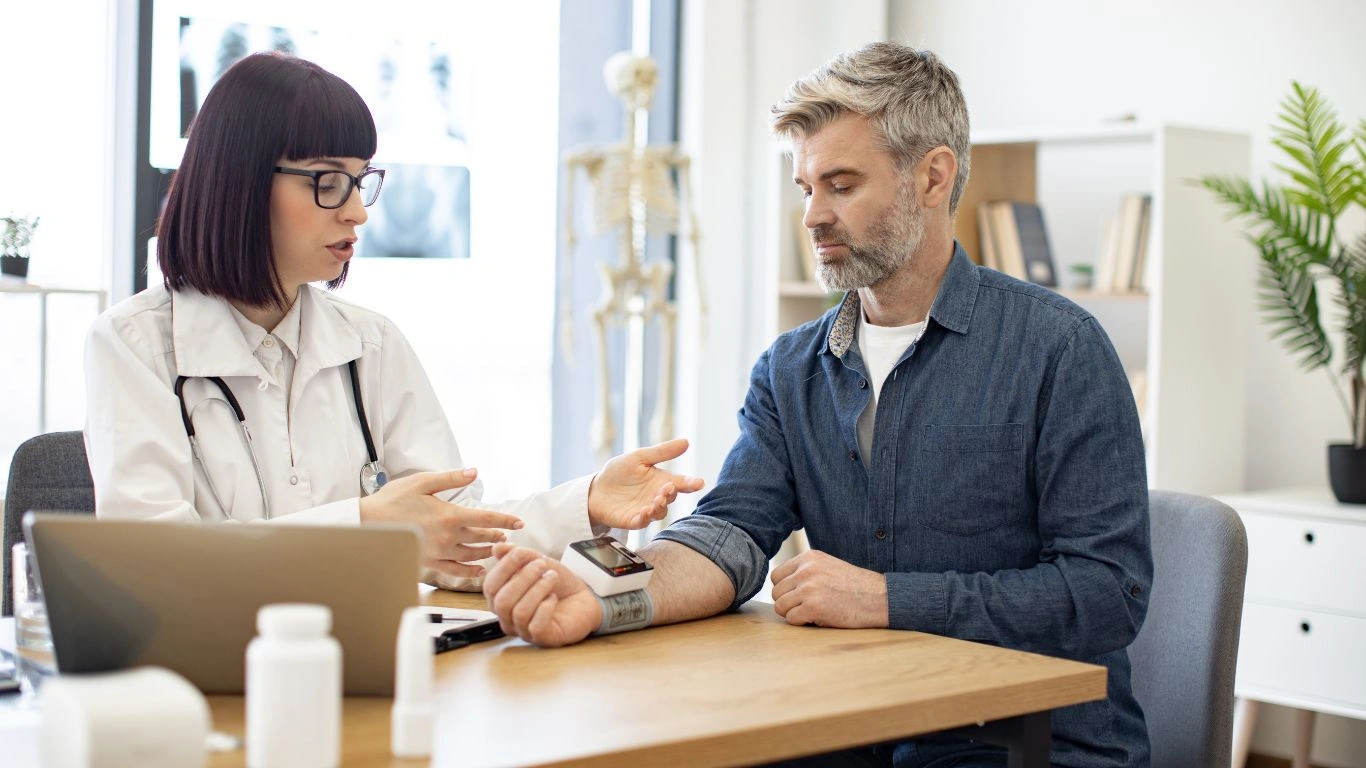
Despite the concerns surrounding caffeine, it’s not all bad news. In fact, studies have shown that moderate caffeine intake might even offer some health benefits. You see, coffee is packed with antioxidants, which can help protect your heart and blood vessels. So, is it possible to include caffeine in a healthy diet for hypertension? Absolutely—but with a few caveats.
Incorporating Caffeine Healthily
First things first, moderation is crucial. As I mentioned earlier, 1-2 cups of coffee or tea per day should be safe for most people with hypertension. It’s all about balance. Pair your caffeine with a healthy diet rich in fruits, vegetables, whole grains, and lean proteins. You’ll be supporting your cardiovascular health and minimizing the negative effects caffeine might have.
Additionally, try to avoid adding sugar or high-fat creamers to your coffee. These additions can cause a spike in blood sugar and contribute to weight gain, both of which are risk factors for hypertension. If you need to sweeten your coffee, opt for natural sweeteners like stevia or just enjoy it black.
Caffeine and Other Health Conditions
It’s also essential to consider any other health conditions you might have. For example, people with anxiety disorders may find that caffeine amplifies their symptoms, leading to even higher blood pressure. Similarly, caffeine can interfere with certain medications or conditions, such as pregnancy or acid reflux. Always check with your healthcare provider to see if caffeine is suitable for you.
Personal Experience: How I Manage Caffeine
On a personal note, I’ve never been a big coffee drinker. I know, I know—surprising for someone in the hypertension field! But here’s the thing: I’ve always been super mindful of my caffeine intake. I tend to go for a cup of tea in the morning, which has less caffeine but still provides a gentle pick-me-up. It works for me without causing any spikes in blood pressure or the dreaded “afternoon crash.”
I encourage my patients to experiment with different types of caffeinated beverages to see what works best for them. Some find that switching from coffee to green tea or herbal teas helps them get the boost they need without triggering high blood pressure. The key is paying attention to how your body responds and adjusting accordingly.
Monitoring Your Blood Pressure
If you’re concerned about how caffeine affects your blood pressure, the best thing you can do is monitor it regularly. I always recommend my patients invest in a home blood pressure monitor. This way, you can keep track of how caffeine is impacting your readings. It’ll help you make informed decisions about how much is too much for your body.
Case Studies & Real-Life Examples

Over the years, I’ve worked with many patients who’ve had varying experiences with caffeine and its impact on hypertension. Some have learned to navigate their caffeine consumption, while others have had to make significant changes for their health. Let me share a few examples that highlight the nuanced effects of caffeine on blood pressure.
Case Study 1: The Daily Coffee Drinker
Meet Mark, a 45-year-old patient of mine who has been drinking three cups of coffee every morning for over 15 years. When Mark came to me, he was experiencing an occasional rise in his blood pressure. After examining his lifestyle, we concluded that his morning coffee habit was likely contributing to his elevated readings. He had no history of hypertension, but his caffeine tolerance wasn’t as high as he thought.
We decided to reduce his coffee intake gradually, replacing one cup with green tea, which has less caffeine. After about six weeks, Mark’s blood pressure had improved significantly. It wasn’t just the caffeine—his lifestyle changes, including better stress management and a more balanced diet, helped him lower his readings. His takeaway? Moderation and mindfulness matter, especially when it comes to caffeine.
Case Study 2: The Casual Coffee Enthusiast
Then there’s Sarah, a 38-year-old woman who enjoys the occasional coffee but doesn’t drink it daily. She came to me with concerns that caffeine was raising her blood pressure. After tracking her blood pressure for a few weeks, we realized that the coffee was indeed triggering some temporary spikes, but her baseline BP was generally healthy.
Sarah’s story is a reminder that caffeine doesn’t affect everyone the same way. In her case, reducing her intake to one cup a day and timing it earlier in the morning worked wonders. She learned that while caffeine may have some impact on her blood pressure, it wasn’t the cause of her hypertension. It was a contributing factor, but not the main culprit.
Key Takeaways: What You Need to Remember
By now, you’ve hopefully got a clearer picture of how caffeine can affect blood pressure. Here are the key takeaways:
- Moderation is key: For most people, 1-2 cups of coffee or tea per day is safe and doesn’t significantly affect blood pressure. The problem arises with excessive consumption.
- Individual differences: Some people are more sensitive to caffeine than others. If you notice an increase in your blood pressure after consuming caffeine, consider cutting back.
- Lifestyle matters: Caffeine isn’t the only factor in blood pressure regulation. Your overall diet, exercise routine, stress levels, and even genetics play a huge role in managing hypertension.
- Monitor your blood pressure: If you’re concerned about how caffeine affects your health, invest in a home blood pressure monitor. This gives you real-time feedback and helps you make informed decisions.
- Health conditions: If you have existing health conditions like anxiety, diabetes, or acid reflux, caffeine might worsen these issues. Always consult your healthcare provider before making changes to your caffeine habits.
FAQs
1. Does caffeine cause long-term hypertension?
In most cases, caffeine doesn’t cause chronic hypertension, but it can cause a temporary spike in blood pressure. However, if you already have hypertension, excessive caffeine intake might worsen your condition.
2. Can I still drink coffee if I have high blood pressure?
Yes, you can drink coffee, but in moderation. If you have high blood pressure, limit yourself to 1-2 cups per day. Monitor how your body reacts, and consider switching to lower-caffeine drinks like tea if necessary.
3. Can I drink coffee if I’m on medication for hypertension?
If you’re on medication for hypertension, it’s crucial to check with your healthcare provider before consuming caffeine. Some medications may interact with caffeine, increasing your blood pressure.
Bonus: Additional Resources or DIY Tips
Here are a few additional tips to help you manage your blood pressure while still enjoying your favorite caffeinated beverages:
- Stay hydrated: Caffeine can have a diuretic effect, meaning it makes you urinate more frequently. To counter this, drink plenty of water throughout the day.
- Choose decaf: If you love the taste of coffee but want to limit your caffeine intake, consider switching to decaffeinated coffee or herbal teas.
- Manage stress: Stress can amplify the effects of caffeine on your blood pressure. Incorporate relaxation techniques like deep breathing, yoga, or meditation into your routine.
- Healthy eating: Pair your caffeine with a heart-healthy meal rich in potassium, magnesium, and fiber. These nutrients help regulate blood pressure naturally.
Appendix: Table, References, Disclaimer, and Call to Action
References: For more in-depth research and studies on caffeine and hypertension, visit these trusted resources:
- American Heart Association – Caffeine and Heart Health
- National Institutes of Health – Caffeine and Hypertension
- Centers for Disease Control and Prevention – Caffeine and Blood Pressure
Disclaimer: This article is for informational purposes only and should not be used as a substitute for professional medical advice. Always consult your doctor before making any changes to your diet, exercise routine, or medication.
If you’re concerned about your caffeine intake or blood pressure, don’t wait—schedule an appointment with your healthcare provider today. Take control of your health!

Dr. Gwenna Aazee is a board-certified Internal Medicine Physician with a special focus on hypertension management, chronic disease prevention, and patient education. With years of experience in both clinical practice and medical writing, she’s passionate about turning evidence-based medicine into accessible, actionable advice. Through her work at Healthusias.com, Dr. Aazee empowers readers to take charge of their health with confidence and clarity. Off the clock, she enjoys deep dives into nutrition research, long walks with her rescue pup, and simplifying medical jargon one article at a time.

